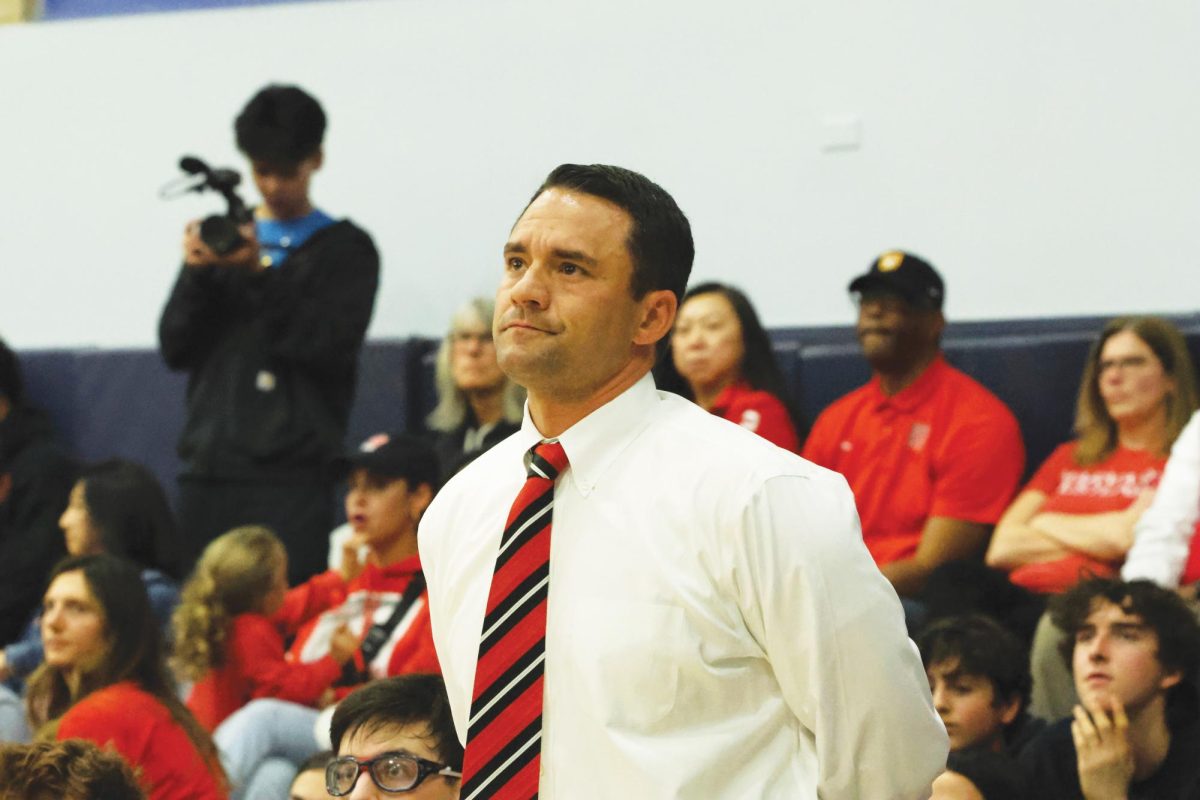By Nika Madyoon
After a year’s worth of conceptualization, organization and design, Austin Sherman ’12 invited all of America to his party — his interactive, online, political party, that is.
His recently-launched website, thepoliticalparty.com, is primarily motivated by the political education of the “millennium voter,” otherwise known as the younger, less-acquainted and less-experienced participant in the political system.
“The general voting populace really doesn’t know enough to cast a ballot,” Sherman said.
He was first inspired to create the site after performing a concert with a friend and fellow musician who wrote a song about the American political system.
The two began discussing the lyrics and the fact that in one year’s time, Sherman would be voting in a presidential election.
With the facilitation of the voting process in mind, Sherman set out to provide visitors with a simpler way to figure out which candidate best matches their political views, so he created his website.
Upon entering the site, visitors identify which district they belong to with the help of a labeled map. Then, they create a username and are subsequently presented with a series of 12 questions.
These questions ask visitors about their opinions on key political issues. These topics include abortion, military involvement in Afghanistan, government funding to stimulate the economy, federal education standards and environmental regulations. Visitors are asked to respond to the above questions with “Yes,” “No” or “No Opinion” and are then asked how much the issue impacts them. This scale of importance ranges from least to most important from “Low Importance” to “Deal-Breaker.”
The responses are then compared to stances of the presidental candidates. Upon completion of the political quiz, the site generates a page that provides users with their “Best Match” out of those running for office.
At the bottom of that page is a detailed look at how the user’s views compare with those of the remaining candidates. Visitors may also watch videos of the candidates addressing specific issues.
To avoid future confrontations with the candidates regarding their stances on these subjects, Sherman “made each question based on a definitive bill that each politician has voted on.”
“We wanted to make it as accurate as possible,” he said.
Sherman worked with graduate students at the California Institute of Technology whom he met during an internship this summer as well as with two other programmers on the website.
“They were talking in languages I didn’t even begin to understand,” he said of the computer science aspect.
A difficult part of the process was creating what is known as a “vo-bot”. Vo-bots are intended to learn what users of the site are like as voters to predict their stances on upcoming issues or elections.
The interactive feature of the website will launch on Jan. 3, the date of the Iowa caucus. This portion of the site will allow users to create an avatar upon completion of the initial survey and to enter virtual rooms rented out by politicians.
Each room will be focused on a specific issue of political significance with candidates providing a live feed through which they speak to all of the users in the room.
The users can then either type a question they have for the candidate or record a video of themselves asking their question, which is then broadcast to the entire room.
The politician is given the opportunity to respond to the question, and users may employ various emoticons to demonstrate their reactions, Sherman’s favorite part of the experience, he said. Small rooms will be able to hold up to 50 users and the largest rooms up to 200 participants.
One of Sherman’s goals is to “make it easier to take advantage of the new social media generation,” he said.
Though he acknowledges the existence of social media geared toward politics, he said that people are still largely unresponsive to the political system, despite their freedom to criticize it.
“We want to be the exception,” he said. “The social media platform changes things.”
Sherman has a vision for the site beyond the concrete results of increasing voter education and turnout in the 2012 presidential election. He hopes to zone in on the local level in the future, providing voters with the voting history of congressmen and local representatives.
“We’re trying to make it viral,” he said.





































